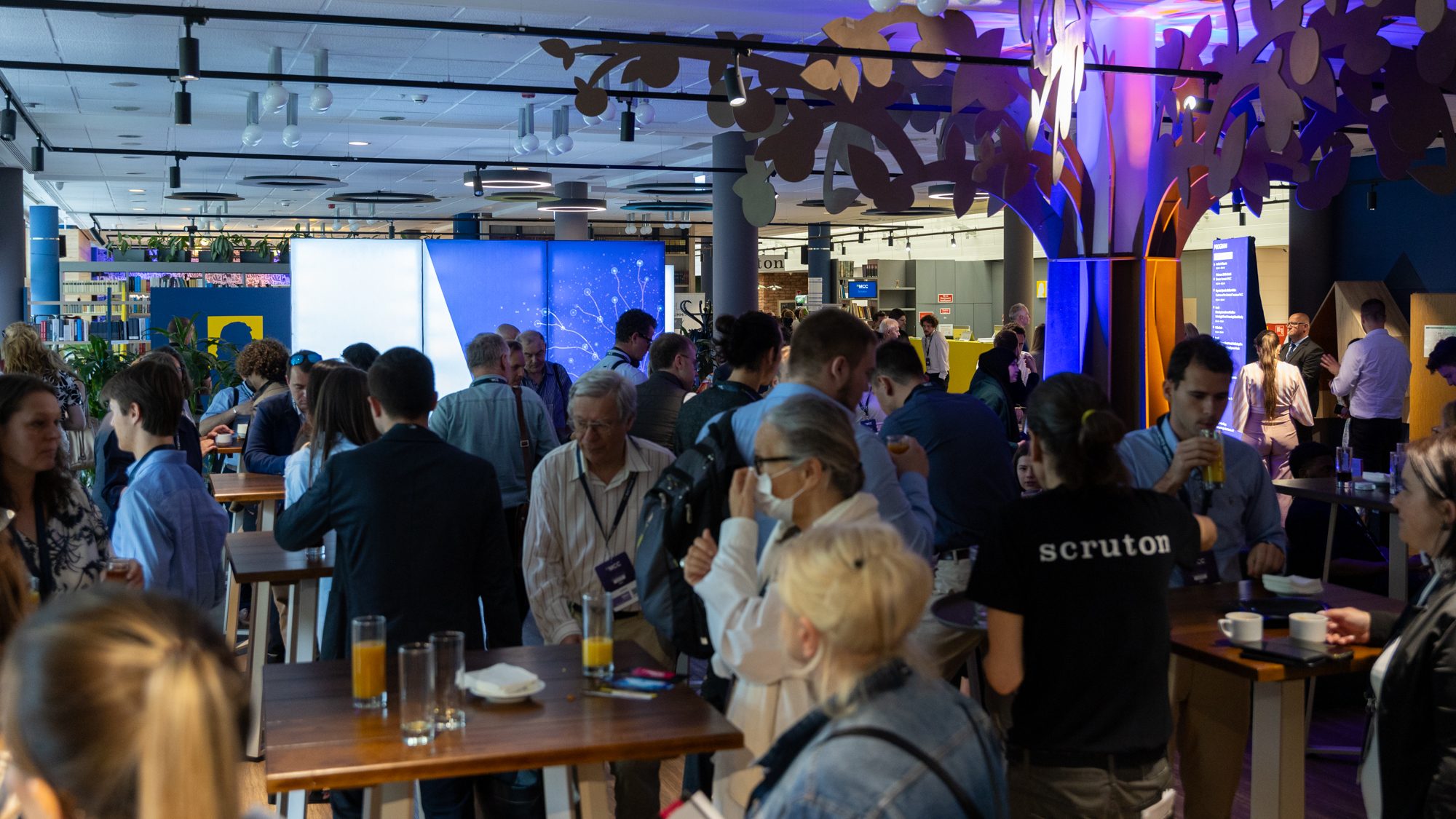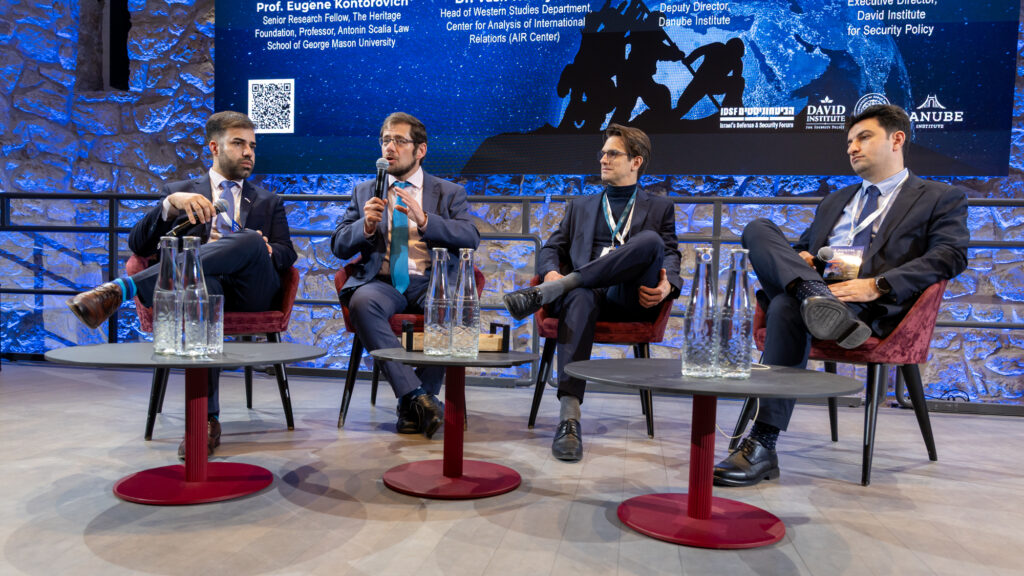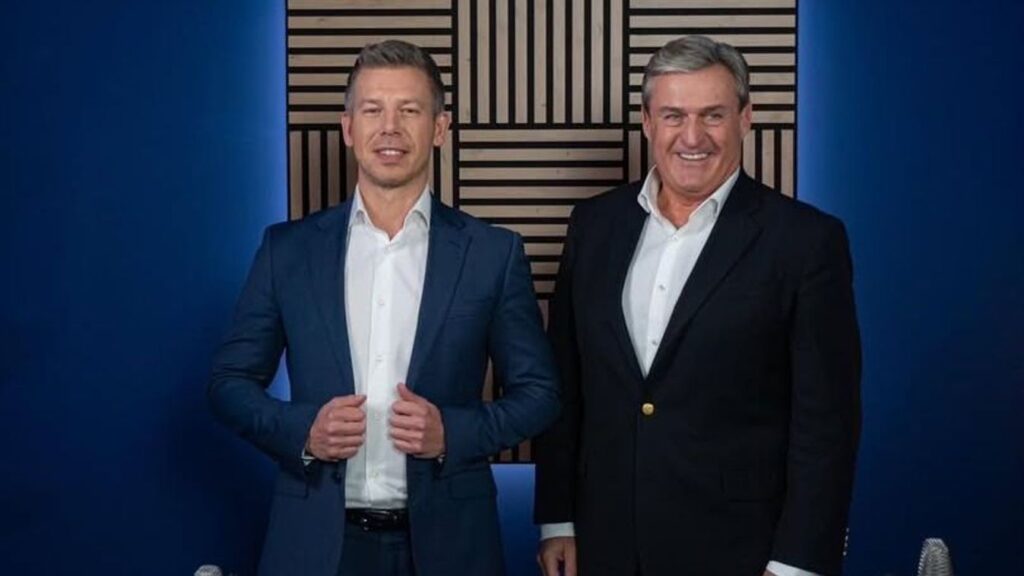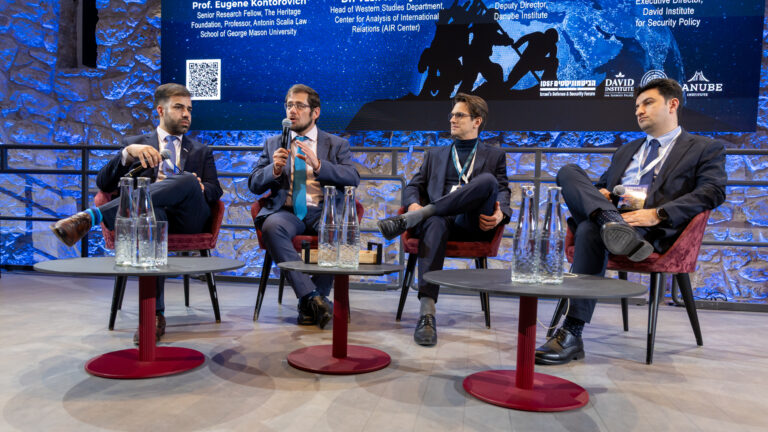At the Mathias Corvinus Collegium’s (MCC) Budapest Summit on Technology and Society, participants delved deep into the evolving relationship between artificial intelligence and society, stressing that today’s breakthroughs are rooted in 20th-century ideas—but with radically new tools like machine learning. According to Head of the MCC Future of Technology Workshop Zoltán Cséfalvay, technology must be seen as part of a long historical process. Innovation often arrives unplanned, and its societal impacts—like the rise of social media—are hard to predict. While regulation is needed, overregulation risks stifling progress.
Cséfalvay also highlighted Europe’s lag in AI innovation, especially in the startup sector. A recent MCC study analyzed the challenges European AI-focused startups face, concluding that the key question is not what the future holds, but how we choose to discover it.
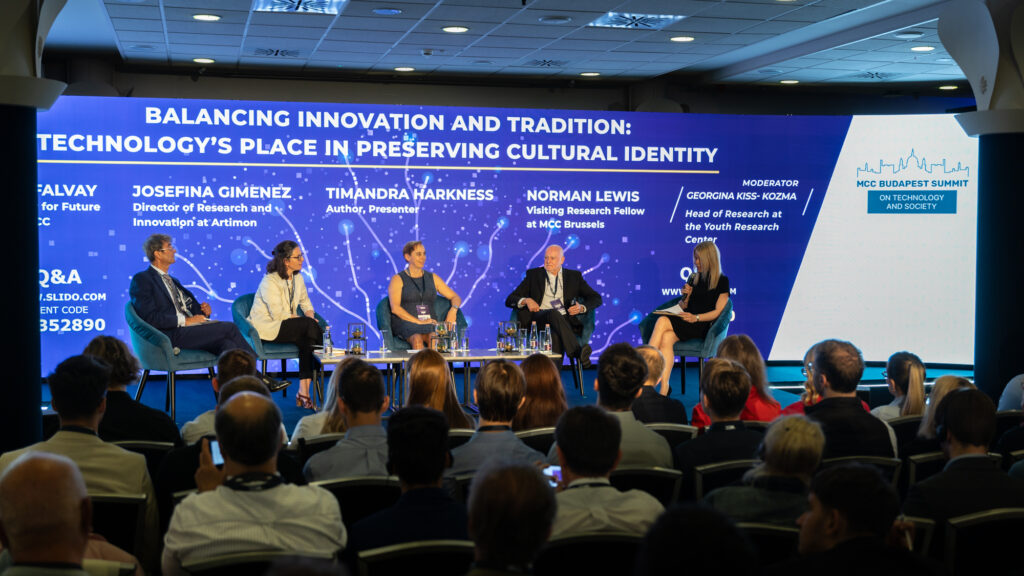
In another panel, experts focused on the harms of modern tech—especially social media—on youth. They raised concerns about how platforms monetize attention, foster extreme content, and create unhealthy dependencies, urging bans on social media for minors and phone-free school environments. These platforms overwhelm children with unrealistic standards, causing anxiety, isolation, and reduced emotional intelligence. As one panellist put it: ‘The human brain didn’t evolve for this.’ Participants argued that modern comforts have weakened human resilience and that challenges are essential for a healthy life. They called for a return to traditional educational methods and emphasized the joint responsibility of parents and schools in protecting children’s mental health.
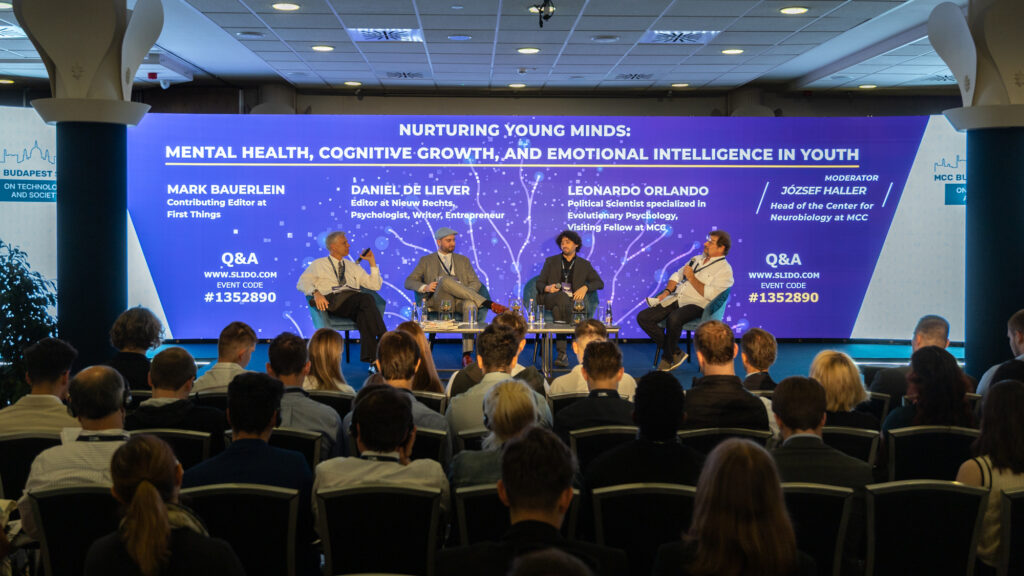
In the third panel, Founder of BrainBar Gergely Böszörményi-Nagy questioned whether AI can be called ‘intelligent’ at all, given our limited understanding of the human brain. He warned that evolution—of which AI may be a part—is not always progress and may even lead us into dead ends. Human creativity, he noted, is rooted in suffering and depth, which machines cannot replicate. The conversation also touched on the broader geopolitical dynamics of AI. The US and China are far ahead of Europe in both ambition and innovation, with Europe hamstrung by bureaucracy and lack of vision. As a symbol of this, the EU’s rejection of the Alstom-Siemens merger was cited as a missed opportunity for global leadership in rail technology. Cséfalvay added that in AI-related patents, Europe and the UK combined lag significantly behind the US and China. There is also a psychological cost: AI can lead to cognitive dependency and erode our control over our environment. Unlike earlier technologies that expanded human capacities, AI risks replacing them. In the long run, human traits like emotional depth and creativity may become even more valuable—especially in domains where machines simply cannot compete.
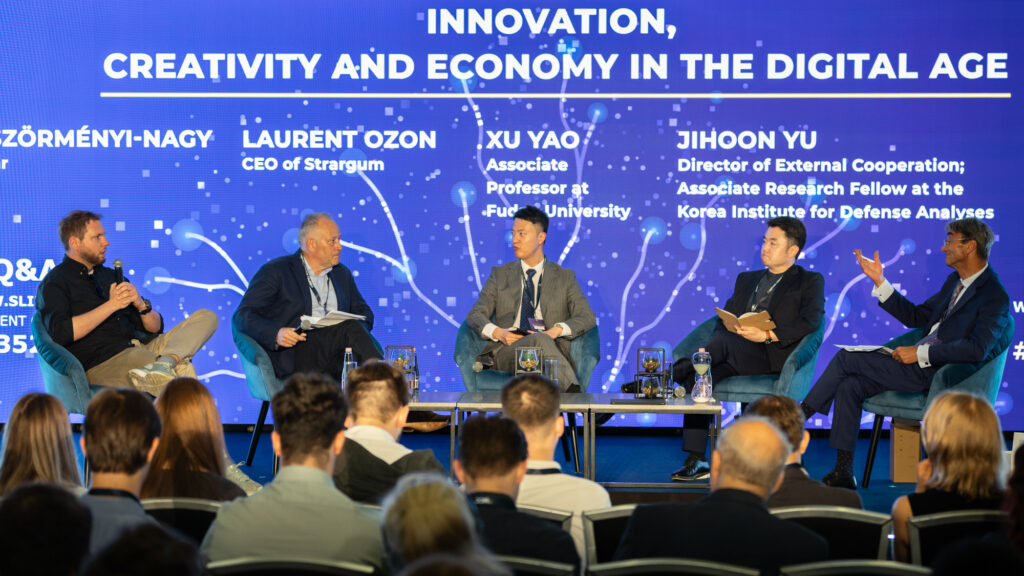
In a panel on creativity, participants emphasized that true creative insight requires physical presence and emotional experience—something AI fundamentally lacks. While AI can combine data, it cannot generate novel philosophical or artistic visions. Others echoed this concern, pointing out that AI’s responses are often shallow or inaccurate, lacking the context and lived understanding that define human thought. The discussion also touched on how overuse of AI could diminish cognitive skills—such as navigation or memory—which are already being eroded by overreliance on GPS and smartphones. This tech dependence, the panel warned, is especially harmful to young people, who may begin outsourcing imagination to machines rather than cultivating their own. Crucially, the conference emphasized that AI is not just a technological issue, but a tool of power. Its use may enable certain groups to exert control over others. The rapid pace of tech development, coupled with society’s sluggish adaptability—especially in areas like social media regulation—poses major challenges.
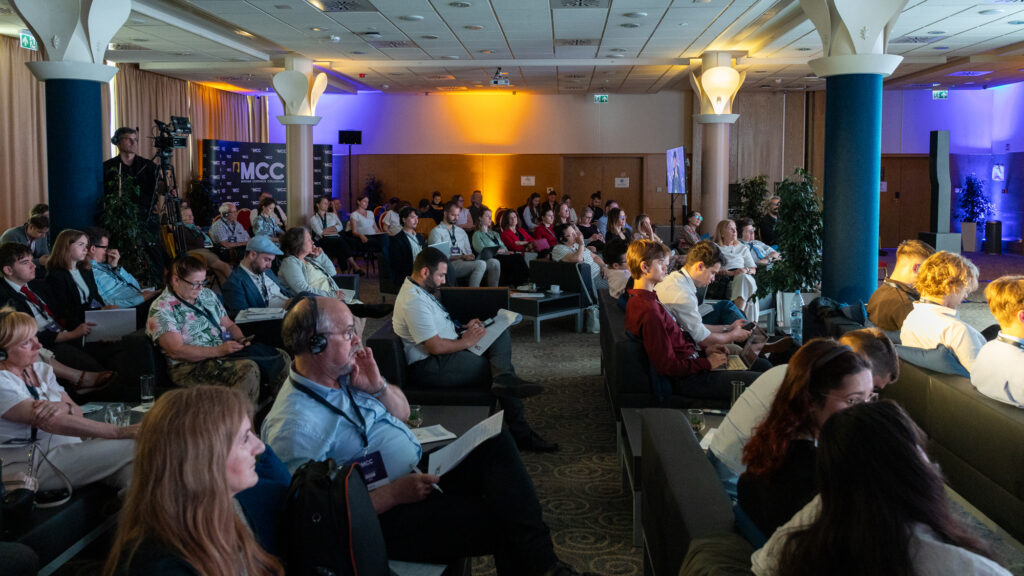
Ultimately, the message from the first day of the Summit was clear: human imagination can survive the AI age, but only through conscious, responsible use of technology, rooted in values, creativity, and community.
More from the conference:

